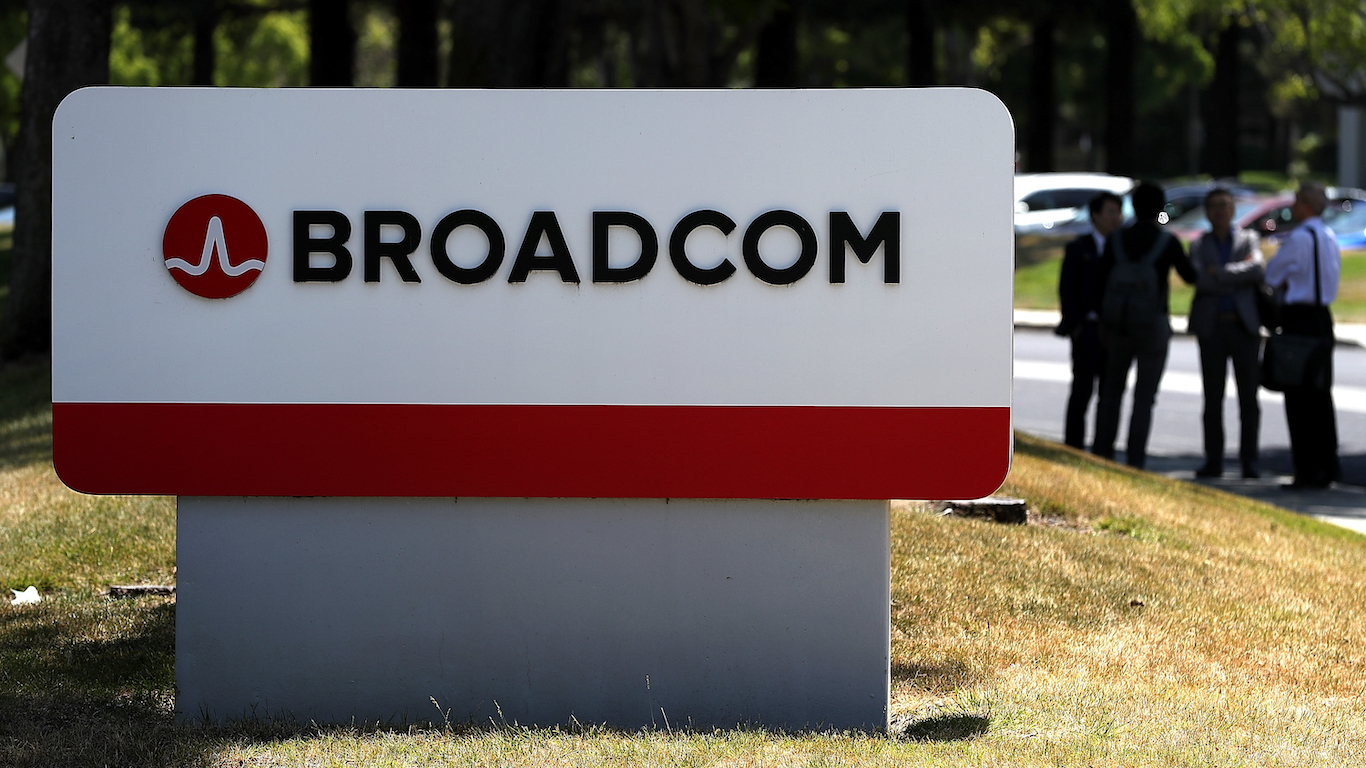Investing
Here's What You'd Need to Invest to Generate $75,000 a Year In Retirement

Published:

To retire worry-free, long-term investing is key for most people. The ability to stash a significant amount of capital aside to create a meaningful passive income in retirement is important for so many. Unfortunately, for those who don’t start early enough, the task becomes a lot harder the closer one gets to retirement.
Indeed, time is one’s friend when it comes to building a large enough portfolio to live off in retirement (say, $75,000 a year in income). That’s because compounding can work in one’s favor, with equity investments typically growing at a rate of around 10% over the long-term in a well-diversified portfolio. Thus, the sooner you start, the sooner your capital will start to work harder for you than the money you continue to invest on a regular basis.
At a 4% withdrawal rate, retirees would need a portfolio of about $1.875 million to retire comfortably on that salary. Of course, if a given household factors in their social security payments and other payouts such as pensions or annuities, this number can be lower. Everyone’s personal situation is different, and it’s always worth talking to a financial planner about one’s goals before setting up a portfolio for the long-term.
That said, for those looking to put some capital away in a well-diversified portfolio for retirement, here are three picks I think may be solid cornerstone holdings over the long-term. These companies have provided compounded annual returns around the overall market rate, but are among the more stable options in the equity market over the long-term. Thus, for those looking for not only solid returns but some added safety (and dividend income), these three stocks are worth considering as one builds up their nest egg toward that $1.875 million number (or whatever the goal is).

Bank of America (NYSE:BAC) remains one of the leading mega banks in the U.S., and has proven to be a very profitable investment over the long-term. That’s not to say there haven’t been bumps in the road – the financial crisis in 2008 and 2009 took this stock on quite the ride lower. But for investors who were able to weather that storm (and continue to buy shares at ultra-cheap levels), this stock’s performance over the past decade has been remarkable and is a testament to how the market looks at large-cap financial institutions right now.
There are a number of tailwinds benefiting investors in financials companies more broadly right now. From a steepening yield curve to an expected continued decline in the overnight federal funds rate, there’s optimism that increased lending activity could once again spur growth in a sector that’s been otherwise hard hit.
That said, unlike many regional banks that have underperformed to a large degree in recent years, large-cap banks such as Bank of America continue to be widely-owned due to their relative stability and earnings growth profile. Bank of America recently outperformed in its most recent earnings report. The market had priced in a revenue and earnings growth dip, and though the company reported a slight decline, this beat did lead to some buying pressure following the report.
While many investors are intrigued by the decision for Warren Buffett to liquidate a significant portion of his holdings in Bank of America, it’s worth noting that the Oracle of Omaha picked up these shares at rock-bottom prices following the pandemic. He’s also talked about the potential advantages of taking taxable hits right now, and building a larger cash hoard as insurance.
But for those looking to remain fully invested right now, I think Bank of America’s diversified operations provide nice ballast to any portfolio looking to generate market-beating returns over time.

Apple (NASDAQ:AAPL) is another top Warren Buffett holding that the Oracle of Omaha has been selling of late. However, this is another top pick in my books for investors seeking relative safety, with the company’s leadership in providing world-class hardware and software products within a closed ecosystem providing incredible margins and a durable moat around its core business in the form of incredible brand loyalty and a product/services ecosystem that’s largely unmatched in the consumer discretionary sector.
Accordingly, the company’s valuation has remained relatively elevated compared to its peers. This premium multiple is one I expect will continue to be provided by the market, so long as investors continue to reach for quality.
Of course, plenty of headwinds could derail the growth thesis around Apple and its core iPhone business over time. While sales have been robust, investors have seen the impact recessionary forces can have on sales over various periods of time. And with many (Buffett included) recently taking profits on this company due to its valuation, there are some risks to be aware of when it comes to investing at current levels. Personally, I’m waiting for a better entry point before jumping into this name, but it’s one I’m keeping on the radar.
Apple’s recent earnings beat estimates ($1.64 of EPS vs. an estimated $1.60 this past quarter), and iPhone revenue did rise 6%. There’s still some growth to be had with this name, and there’s an iron-clad moat around this cash flow producing behemoth that’s worth paying up for. In my view, long-term investors looking to build a portfolio of stable growth stocks may want to consider Apple on any significant dips moving forward. This is a company that’s performed incredibly well over the long-term, and I expect this performance to continue for years to come.

Broadcom (NASDAQ:AVGO) has been a top-performing chip stock over the past month, ranking third in terms of all S&P 500 stocks in terms of performance. This outperformance has been due largely to very strong Q3 results which highlighted the company’s strong core smartphone chip sales, as well as the company’s expansion into infrastructure software. This diversification of revenue streams has lessened Broadcom’s exposure to chip sector cycles, and enabled additional integrated hardware-software solutions. For long-term investors looking at ways to play broader growth in the chip sector, Broadcom’s valuation looks relatively attractive right now at just 26-times forward earnings.
I think holding a broadly diversified basket of companies in particular sectors likely makes the most sense. And while sector leaders like Nvidia and AMD will likely continue to do most of the heavy lifting when it comes to growth in this sector, other companies like Broadcom represent attractive value options for long-term investors seeking strong total returns over the long run.
In my view, this is a stock that could easily push for new all-time highs, as the company’s fundamentals continue to improve. While AVGO stock may not command the sort of premium investors in other chip stocks are used to, this company remains among the more stable and consistent growth stocks in the market right now for investors seeking semiconductor exposure.
Retirement can be daunting, but it doesn’t need to be.
Imagine having an expert in your corner to help you with your financial goals. Someone to help you determine if you’re ahead, behind, or right on track. With SmartAsset, that’s not just a dream—it’s reality. This free tool connects you with pre-screened financial advisors who work in your best interests. It’s quick, it’s easy, so take the leap today and start planning smarter!
Don’t waste another minute; get started right here and help your retirement dreams become a retirement reality.
Thank you for reading! Have some feedback for us?
Contact the 24/7 Wall St. editorial team.